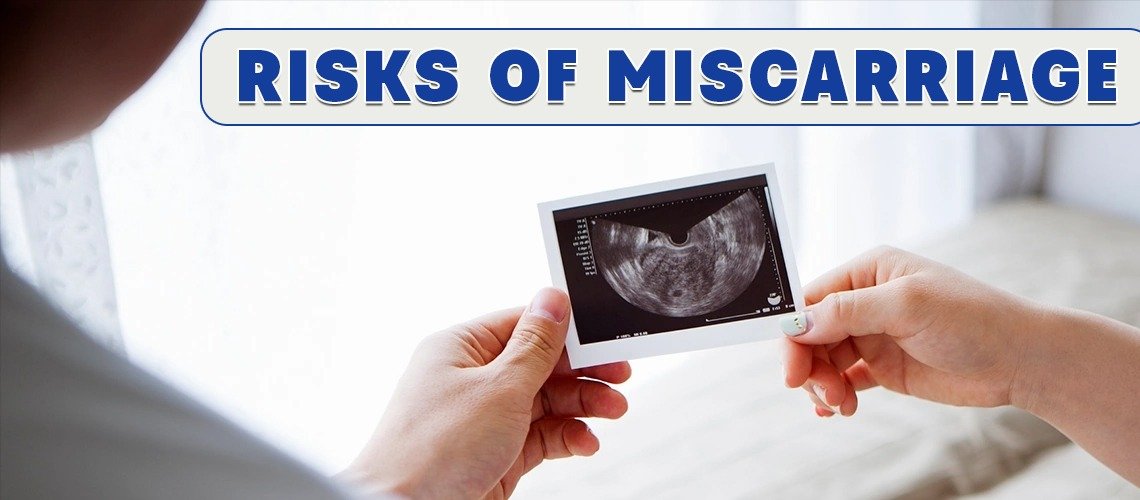Risks of Miscarriage
Miscarriage, also referred to as early pregnancy loss, occurs when pregnancy ends before the 20-week mark due to risks of miscarriage. Understanding the risks of miscarriage is crucial, as approximately 10 to 20 out of 100 pregnancies result in miscarriage for women who are aware of their pregnancy. The majority of miscarriages, about 80 percent, transpire within the first trimester, before the 12th week. In contrast, miscarriages during the second trimester, between 13 and 19 weeks, are less frequent, occurring in 1 to 5 out of 100 pregnancies. It’s important to note that pregnancy loss occurring after the 20th week is termed stillbirth.
While miscarriage is a widespread occurrence, with some studies indicating that over 30 percent of pregnancies end this way, many of these happen before the individual realizes they are pregnant. Despite the emotional toll of miscarriage, most individuals who experience it can still go on to have a successful and healthy pregnancy in the future.
Major Risks of Miscarriage:
As individuals age, particularly beyond 35 years old, the risks of miscarriage increase significantly. This risk tends to escalate with age, starting at around 20% for individuals aged 35, rising to approximately 33% to 40% by age 40, and reaching a staggering range of 57% to 80% for those aged 45 and above.
Additionally, individuals who have previously suffered one or more miscarriages are at a heightened risk of experiencing pregnancy loss in subsequent pregnancies.
Furthermore, certain long-term health conditions can elevate the risk of miscarriage. Individuals with chronic health issues such as uncontrolled diabetes face an increased likelihood of pregnancy loss. Similarly, specific uterine conditions or weak cervical tissues, often referred to as incompetent cervix, can also raise the chances of experiencing a miscarriage.
Substance use, including smoking, alcohol consumption, heavy caffeine intake, and the use of illegal drugs like cocaine, has been strongly associated with an elevated risk of miscarriage. Additionally, both being underweight and overweight have been linked to a higher likelihood of experiencing pregnancy loss.
Moreover, genetic factors can play a significant role in miscarriage risk. In some cases, one or both partners may carry genetic abnormalities that increase the chances of miscarriage. For instance, a partner may possess a unique chromosome resulting from the fusion of segments from two different chromosomes, known as translocation. If either partner carries such a chromosomal abnormality, the risk of miscarriage is heightened when passed on to the unborn child.

